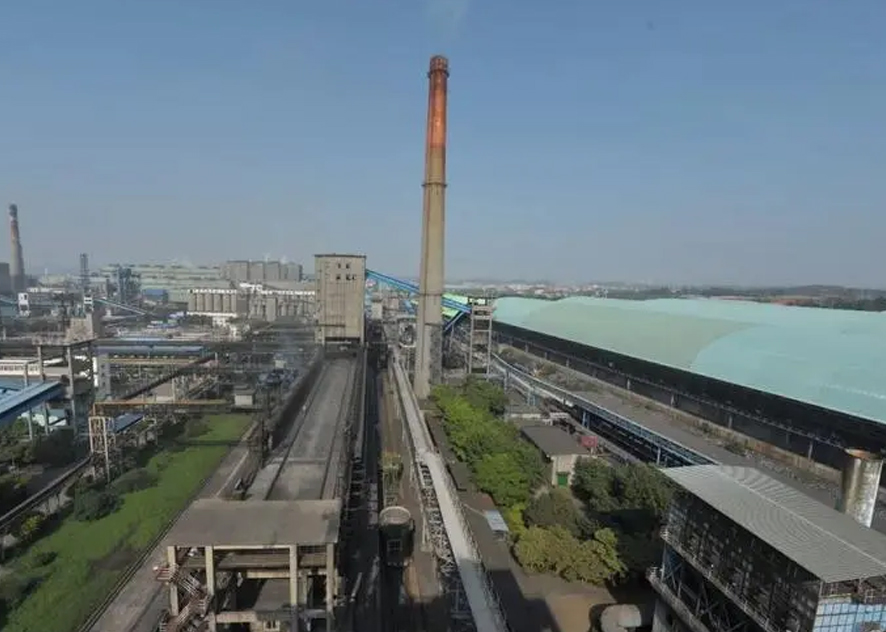-

English

English

Español

Português

русский

français

日本語

Deutsch

Tiếng Việt

Italiano

Nederlands

ไทย

Polski

한국어

Svenska

magyar

Malay

বাংলা

Dansk

Suomi

हिन्दी

Pilipino

Türk

Gaeilge

عربى

Indonesia

norsk

اردو

čeština

Ελληνικά

Українська

Javanese

فارسی

தமிழ்

తెలుగు

नेपाली

Burmese

български

ລາວ

Latine

Қазақ

Euskal

Azərbaycan

slovenský

Македонски

Lietuvos

Eesti Keel

Română

Slovenski

मराठी

Српски

Esperanto

Afrikaans

Català

עִברִית

Cymraeg

Galego

Latvietis

icelandic

יידיש

Беларус

Hrvatski

Kreyòl ayisyen

Shqiptar

Malti

lugha ya Kiswahili

አማርኛ

Bosanski

Frysk

ជនជាតិខ្មែរ

ქართული

ગુજરાતી

Hausa

Кыргыз тили

ಕನ್ನಡ

Corsa

Kurdî

മലയാളം

Maori

Монгол хэл

Hmong

IsiXhosa

Zulu

Punjabi

پښتو

Chichewa

Samoa

Sesotho

සිංහල

Gàidhlig

Cebuano

Somali

Точик

O'zbek

Hawaiian

سنڌي

Shinra

հայերեն

Igbo

Sundanese

Lëtzebuergesch

Malagasy

Yoruba

Javanese

Banbala

Pokjoper

Divih

Philippine

Gwadani

Elokano







